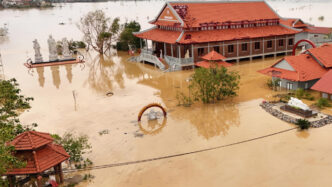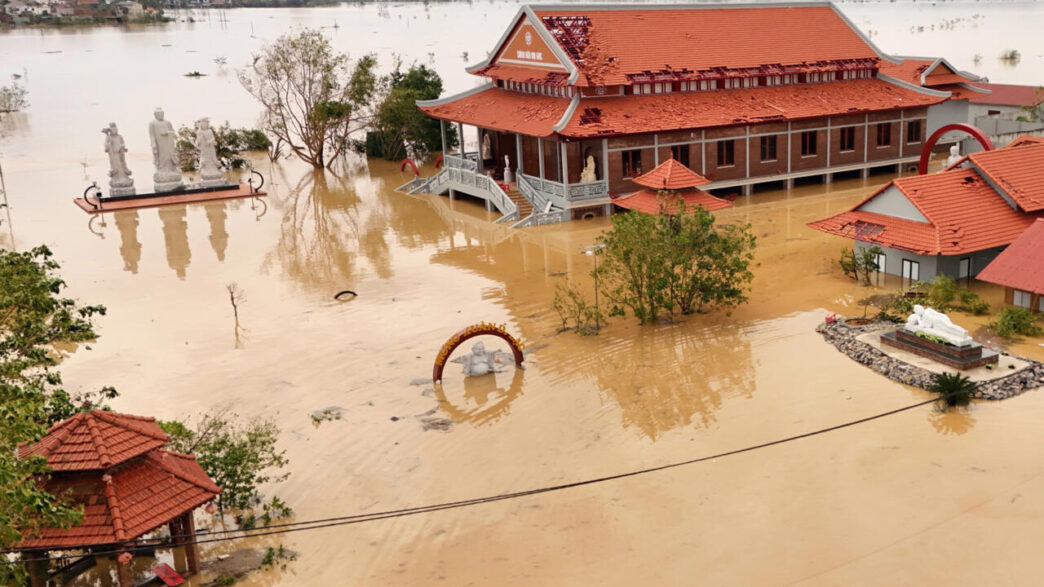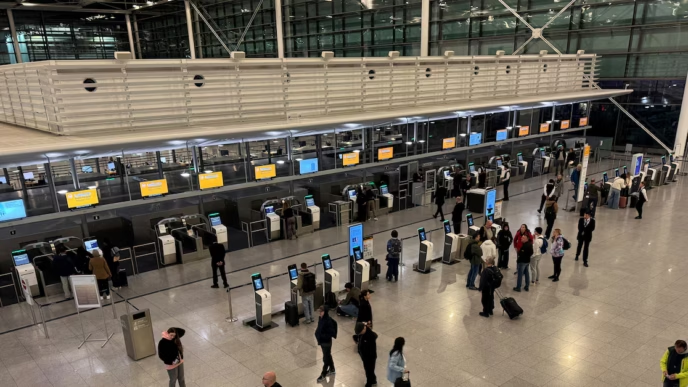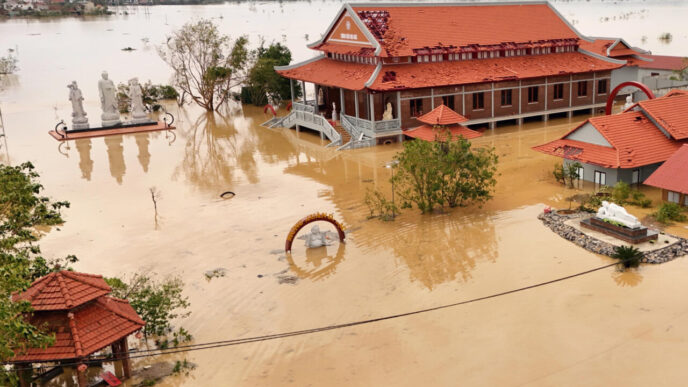Vietnam’s government confirmed that Typhoon Bualoi, now classified as the year’s most destructive storm, has tragically caused 19 deaths and left 21 people missing after striking the country’s north-central provinces.
The typhoon made landfall on Monday, unleashing torrential rains, powerful winds, and dangerous sea surges that triggered flooding and landslides across several provinces.
The storm had earlier swept through the Philippines, where it claimed at least 10 lives before moving towards Vietnam.
According to the authorities, 88 people sustained injuries, while more than 100,000 homes—mostly in Nghe An and Ha Tinh provinces—were damaged. Over 10,000 hectares of rice and farmland were also submerged, worsening the humanitarian toll.
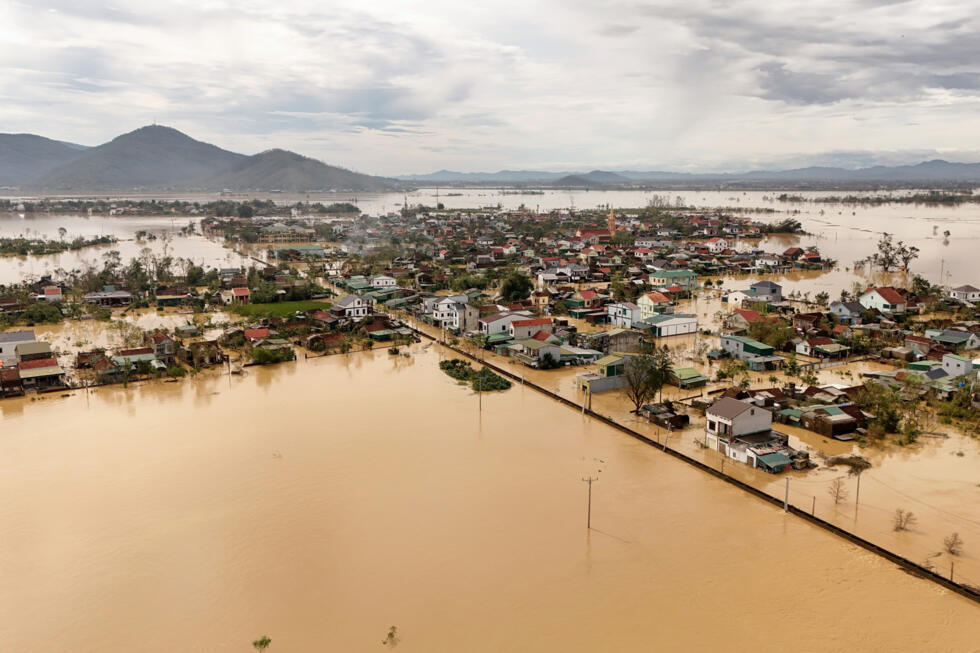
The National Weather Agency reported that rainfall in some areas exceeded 300 millimetres within 24 hours. It warned that heavy rains, lightning, and strong winds would continue, including in the capital Hanoi, with landslides and flash floods likely in several areas over the next six hours.
By Tuesday, state media reported that several northern villages remained cut off, with widespread flooding disrupting transportation and power supplies.
With its long coastline along the South China Sea, Vietnam is frequently exposed to typhoons that bring devastating rains and flooding, often leaving significant damage in their wake.


 Trending
Trending 
